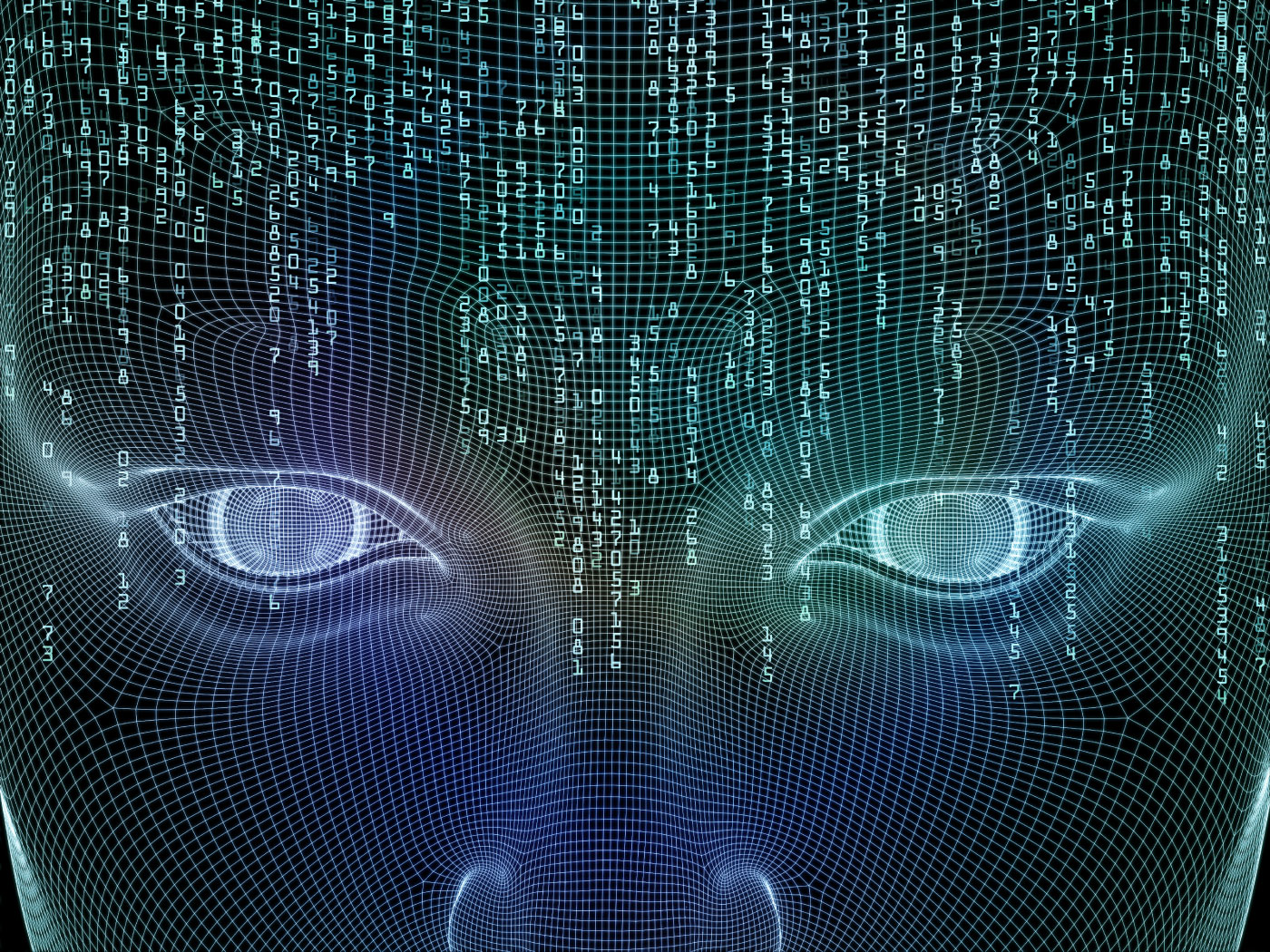Artificial Intelligence boosted by EU Commission

Brussels has called for a €20bn cash injection for artificial intelligence research, while pouring cold water over controversial plans to give robots human rights.
The European commission wants governments and private companies to boost research and innovation spending on AI, amid rising concern that Europe is losing ground to the US and China, where most leading AI firms are based.
Health, transport and agriculture are among the areas the commission would like researchers to prioritise. But the commission distanced itself from proposals to give the most advanced robots the legal status of personhood.
“I don’t think it will happen,” Andrus Ansip, a commission vice-president in charge of digital single-market policy told journalists. “I don’t think my vacuum cleaner has to get human rights.”
Last year a committee of MEPs argued that robots should have a form of electronic personhood, raising the idea of machines being sued in law courts. The proposals were made under the parliament’s own-initiative powers, meaning they had no implications for EU law.
The commission said it would appoint a committee to draw up ethical guidelines on the use of artificial intelligence. The group of experts from business, civil society and academia will be convened by July to consider AI and its impact on society, including work, social inclusion and privacy.
With the dawn of artificial intelligence, many jobs will be created, but others will disappear and most will be transformed. This is why the Commission is encouraging Member States to modernise their education and training systems and support labour market transitions, building on the European Pillar of Social Rights. The Commission will support business-education partnerships to attract and keep more AI talent in Europe, set up dedicated training schemes with financial support from the European Social Fund, and support digital skills, competencies in science, technology, engineering and mathematics (STEM), entrepreneurship and creativity. Proposals under the EU’s next multiannual financial framework (2021-2027) will include strengthened support for training in advanced digital skills, including AI-specific expertise.
As of today and following the Declaration of cooperation signed by 24 Member States and Norway on 10 April 2018, the Commission will start work with Member States to have a coordinated plan on AI by the end of the year. The main aim is to maximise the impact of investment at the EU and national levels, encourage cooperation across the EU, exchange best practices, and define the way forward together, so as to ensure the EU’s global competitiveness in this sector. The Commission will also continue to invest in initiatives which are key for AI, including the development of more efficient electronic components and systems (such as chips specifically built to run AI operations), world-class high-performance computers, as well as flagship projects on quantum technologies and on the mapping of the human brain.
Last month Emmanuel Macron, the French president, announced €1.5 bn in public funding for artificial intelligence by 2022, in a move to turn France into a “startup nation”.
These policy announcements are largely based on the idea that Europe must catch up with the United States and China on AI. Jeffrey Ding, who studies AI governance at the University of Oxford in the United Kingdom and monitors the AI potential of different countries, finds that China trails the United States in every factor except access to data. He says Europe has a strong AI research, but a weak AI industry, in part because venture capital funding of AI startups in the United States and China dwarfs that of Europe.

